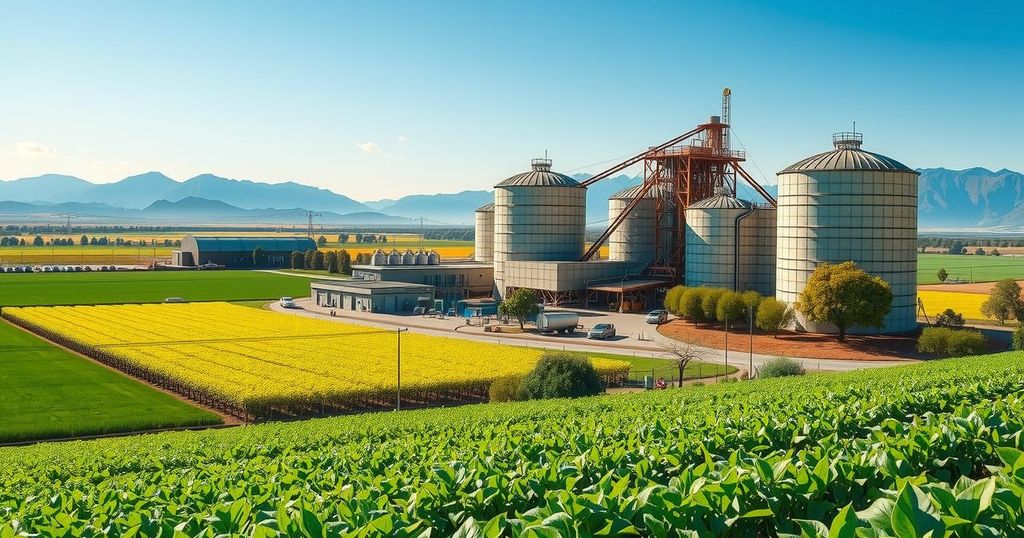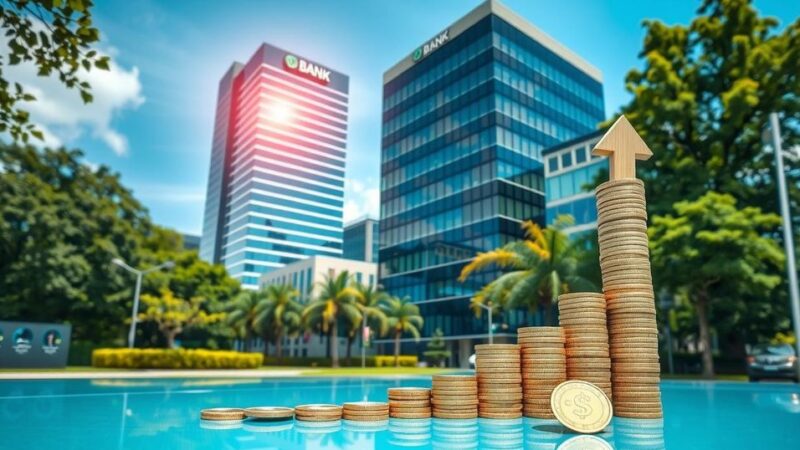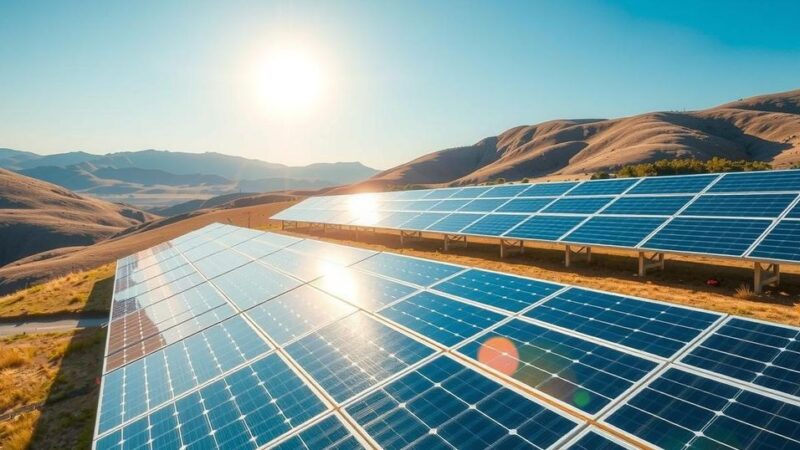Bolivia inaugurated its NPK fertilizer plant in October 2023, which produced 4,555 tons of fertilizer generating over seven million dollars. This facility, part of the government’s industrialization strategy, aims to fulfill domestic demands and launch exports. It is set to produce 60,000 tons of NPK and slow-release urea annually, increasing agricultural yield by 60 percent.
The NPK fertilizer plant in Bolivia achieved a production rate of 4,555 tons, generating 23.9 million bolivianos (over seven million dollars) in revenue. Inaugurated in October 2023 by President Luis Arce, this facility aligns with the country’s industrialization policy aimed at reducing imports. Located next to the Santiváñez Industrial Park in Santa Cruz, the plant will not only meet domestic fertilizer needs but also has the potential for export, supporting Bolivia’s agricultural sector.
Constructed by Sur Energy SRL at a cost of eight million dollars, the project was completed in just over a year. The plant will manufacture NPK fertilizer, utilizing raw materials sourced from Yacimientos Petrolíferos Fiscales Bolivianos (YPFB), Yacimientos de Litio Bolivianos (YLB), and local quarries. Surmised estimates suggest that 35 percent of the produced fertilizers will serve the domestic market, while the remaining will be exported, bolstering national income.
This new facility is projected to generate approximately 60,000 tons of NPK and slow-release granulated urea annually, catering to global demand. According to forecasts, this increase in fertilizer production will lead to a 60 percent rise in agricultural crop yields across Bolivia. The Santiváñez plant represents the inaugural project among nearly 170 similar initiatives outlined by the national government as part of a broader import substitution strategy.
In conclusion, the establishment of the NPK fertilizer plant is a significant milestone for Bolivia’s agricultural industry, promising greater self-sufficiency and potential for exportation. The project not only aims to satisfy local demand but also contributes to the country’s economic resilience by creating income and enhancing agricultural productivity. With governmental support and strategic partnerships, Bolivia is positioning itself for a more sustainable future in fertilizer production.
Original Source: www.plenglish.com






